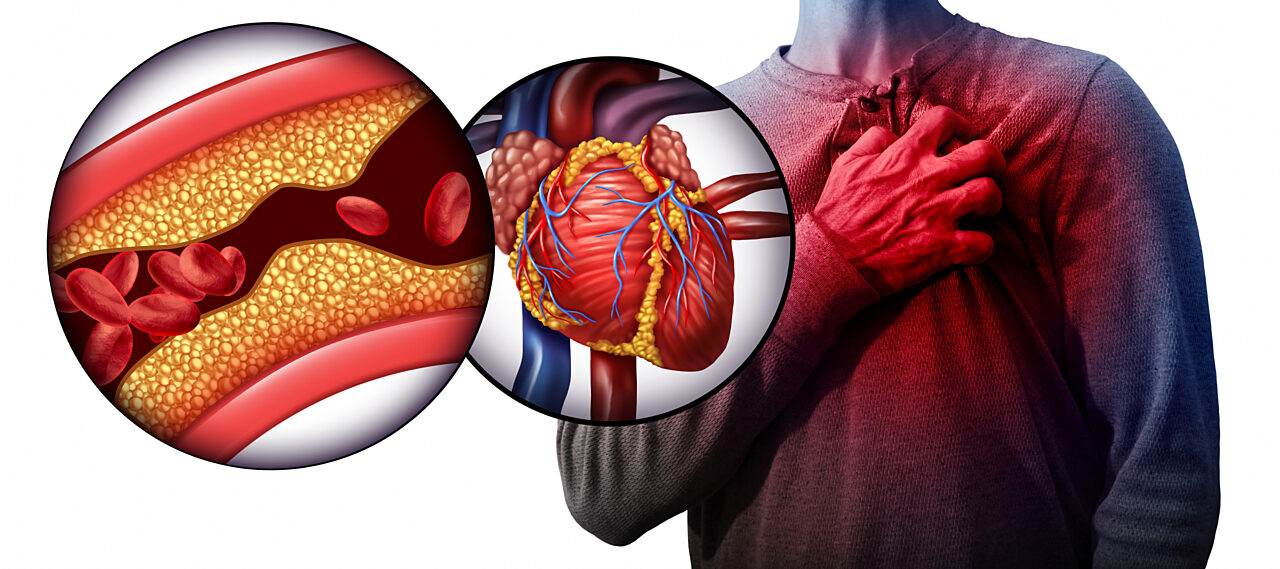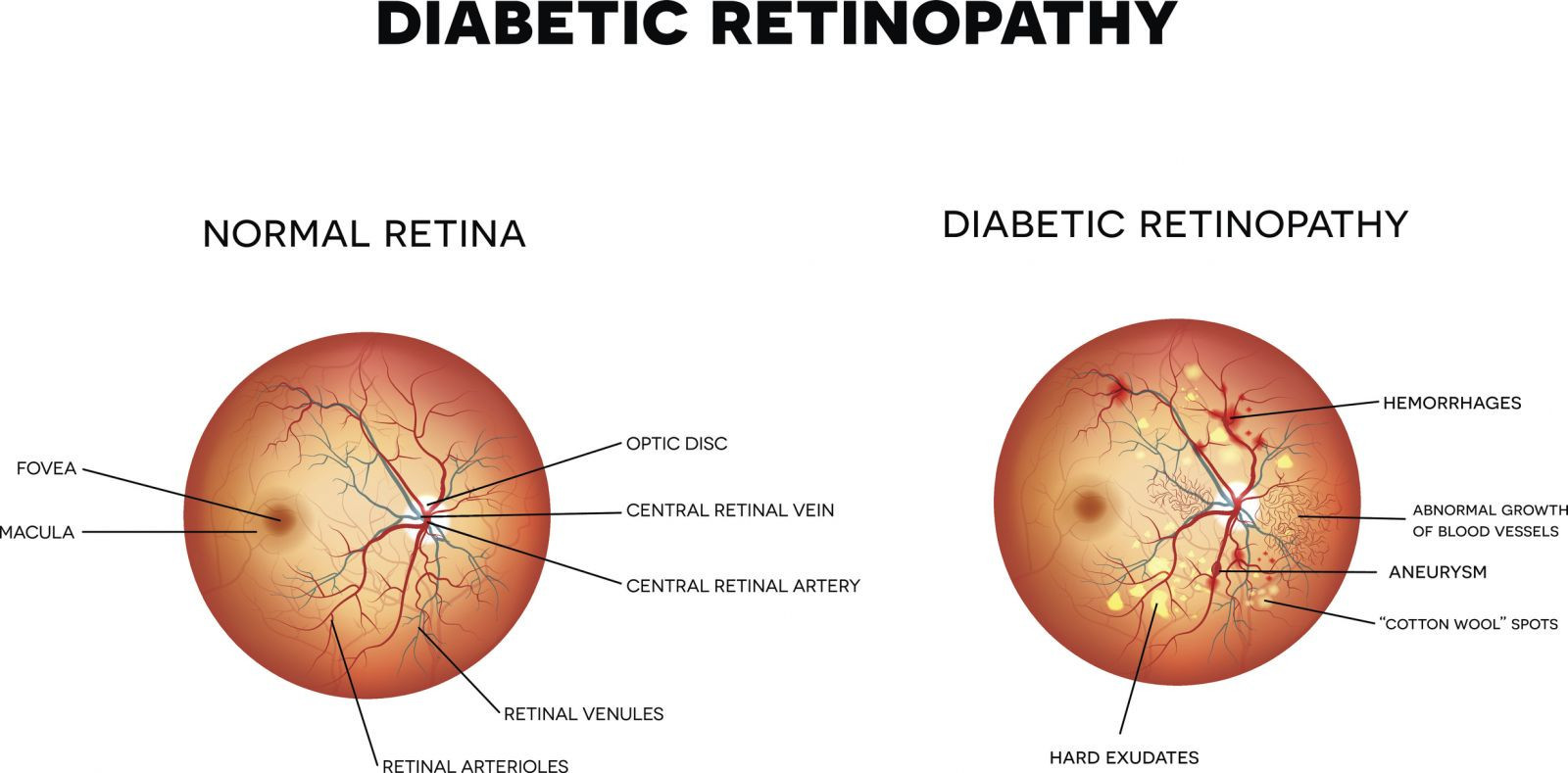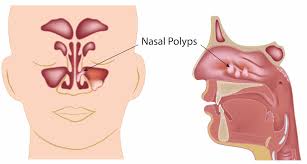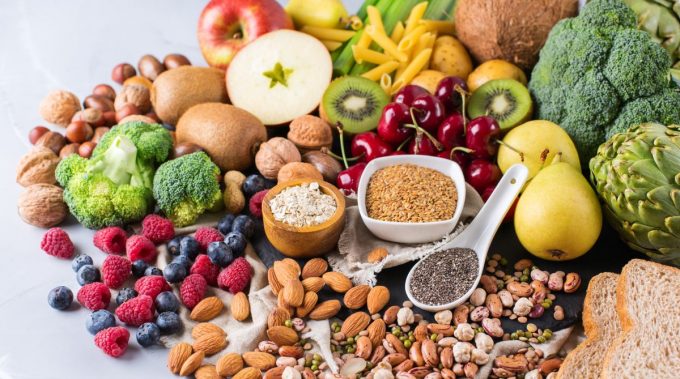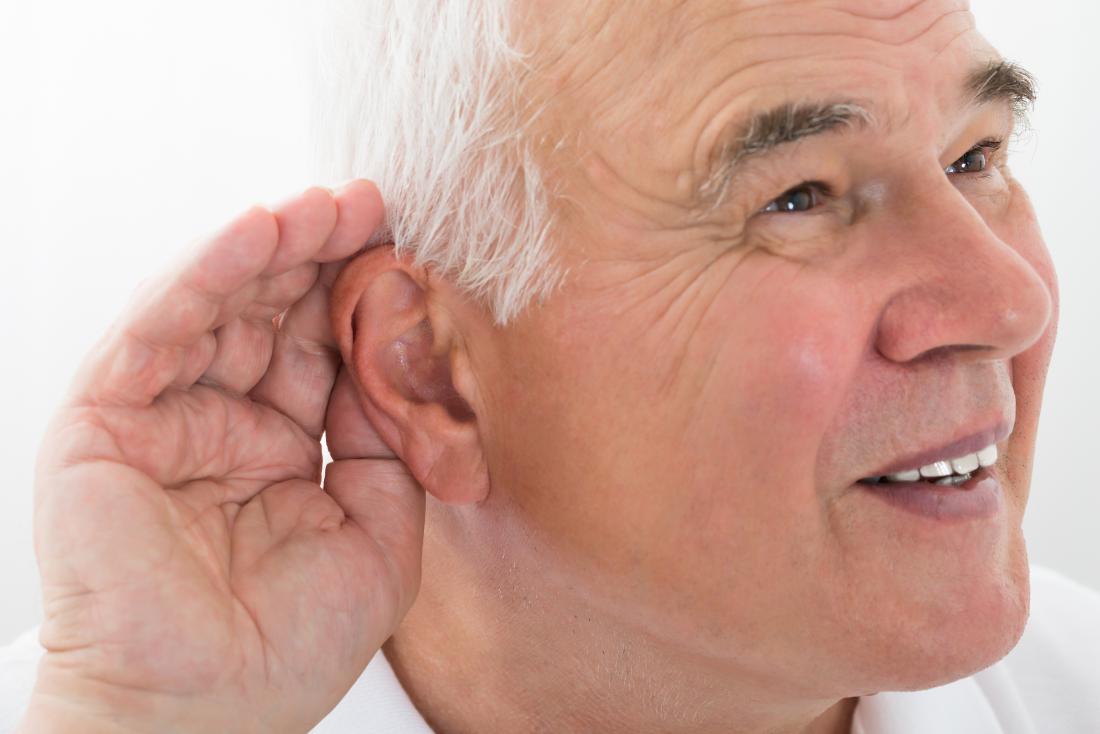Heart Attack and Homeopathy
An Overview
A heart attack, medically known as myocardial infarction (MI), occurs when blood flow to a part of the heart is blocked, leading to damage or death of heart muscle tissue. This blockage is typically caused by a buildup of fat, cholesterol, and other substances that form a plaque in the coronary arteries.
Symptoms of a Heart Attack:
- Chest pain or discomfort: Often described as pressure, tightness, or heaviness.
- Shortness of breath: Even without chest pain.
- Radiating pain: Pain can spread to the arms, neck, jaw, shoulder, or back.
- Cold sweat: Profuse sweating without physical exertion.
- Nausea or vomiting
- Fatigue: Especially in women, a subtle but important symptom.
- Dizziness or fainting
Heart attacks require immediate medical attention, as time is critical to minimize damage to the heart muscle.
Primary Causes of Heart Attack
- Coronary Artery Disease (CAD):
- Buildup of plaques (atherosclerosis) in the coronary arteries restricts blood flow.
- Plaque rupture can lead to blood clots, blocking blood flow to the heart.
- Blood Clots:
- A blood clot (thrombus) can form in a narrowed artery, obstructing blood flow.
- Coronary Artery Spasm:
- Temporary tightening of the coronary artery reduces or blocks blood flow. Triggers may include drug use (e.g., cocaine), smoking, or extreme stress.
- Reduced Blood Supply:
- Severe anemia, low oxygen levels, or a sudden drop in blood pressure may decrease blood flow to the heart.
Risk Factors
- Lifestyle Factors:
- Smoking
- Sedentary lifestyle
- Unhealthy diet (high in saturated fats, cholesterol, and sodium)
- Excessive alcohol consumption
- Medical Conditions:
- High blood pressure (hypertension)
- High cholesterol (hyperlipidemia)
- Diabetes
- Obesity or being overweight
- Genetic/Family History:
- Family history of heart disease increases risk.
- Stress and Mental Health:
- Chronic stress and untreated depression can contribute.
- Age and Gender:
- Risk increases with age (typically after 45 in men and after 55 in women).
- Men are generally at higher risk than premenopausal women, though this evens out post-menopause.
- Substance Use:
- Stimulants like cocaine or amphetamines can trigger a heart attack.
Prevention Tips
- Maintain a balanced diet (rich in fruits, vegetables, whole grains, and lean proteins).
- Exercise regularly (150 minutes of moderate activity per week).
- Avoid smoking and manage alcohol intake.
- Monitor and manage chronic conditions like hypertension, diabetes, and cholesterol.
- Reduce stress through relaxation techniques or therapy.
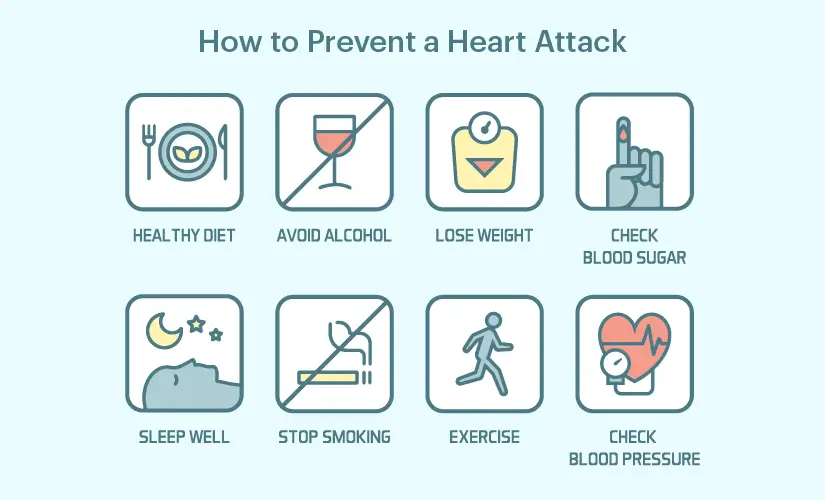
Role of Homeopathy in Heart Health
Homeopathy is a system of natural medicine that uses highly diluted substances to stimulate the body’s natural healing processes. While it should not replace emergency medical care, it can serve as complementary therapy for recovery and heart health improvement.
Key Homeopathic Remedies for Heart-Related Symptoms:
- Arnica Montana:
- Useful in the aftermath of a heart attack to reduce bruising and tissue damage.
- Alleviates feelings of soreness and shock.
- Crataegus Oxyacantha (Hawthorn):
- Known as a "heart tonic" in homeopathy.
- Improves heart function by enhancing blood circulation and reducing cholesterol buildup.
- Aconitum Napellus:
- Effective in acute situations of sudden anxiety and fear, which can mimic heart attack symptoms or precede an actual cardiac event.
- Relieves palpitations associated with stress.
- Cactus Grandiflorus:
- Addresses a sensation of constriction or tightness in the chest, often described as a "band around the heart."
- Useful in angina and heart attack recovery.
- Laurocerasus:
- Indicated in cases of fainting, cyanosis (blue discoloration of the skin), and difficulty breathing associated with cardiac issues.

